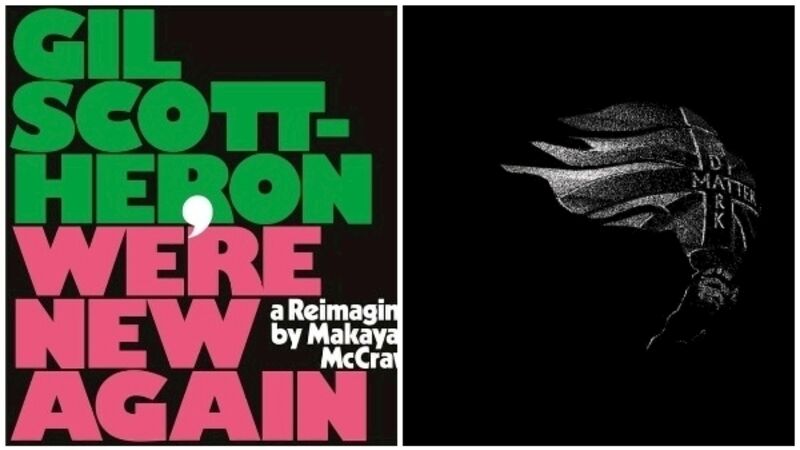Wed, 26 Feb, 2020 - 09:35
Shane Johnson
Gil Scott-Heron: We’re New Again — A Reimagining by Makaya McCraven
Already a subscriber? Sign in
You have reached your article limit.
Subscribe to access all of the Irish Examiner.
Annual €130 €80
Best value
Monthly €12€6 / month
Introductory offers for new customers. Annual billed once for first year. Renews at €130. Monthly initial discount (first 3 months) billed monthly, then €12 a month. Ts&Cs apply.
CONNECT WITH US TODAY
Be the first to know the latest news and updates
CourtsArts Film & TVMusicPlace: ChicagoPlace: LondonPlace: UKPerson: Gil Scott-HeronPerson: Moses BoydPerson: Makaya McCravenPerson: Jamie xxPerson: Scott-HeronPerson: SmogPerson: Jeff ParkerPerson: Robert JohnsonPerson: Theon CrossPerson: BoydPerson: Nonku PhiriPerson: Joe Armon-JonesOrganisation: Dark Matter
4Organisation: Club












